
Are You Good?
Evaluate goodness by God's standard; outward actions may hide inner flaws. True character shows under pressure. Self-reflect, seek transformation, and God's forgiveness.

Evaluate goodness by God's standard; outward actions may hide inner flaws. True character shows under pressure. Self-reflect, seek transformation, and God's forgiveness.
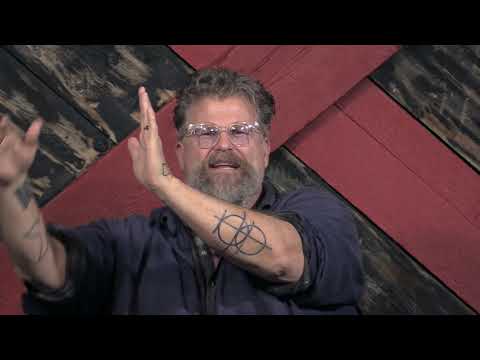

Acrylic art depicts life's journey, exploring beliefs, societal doctrines, and universal love. Emphasizes transcending desires for true freedom through unconditional love.
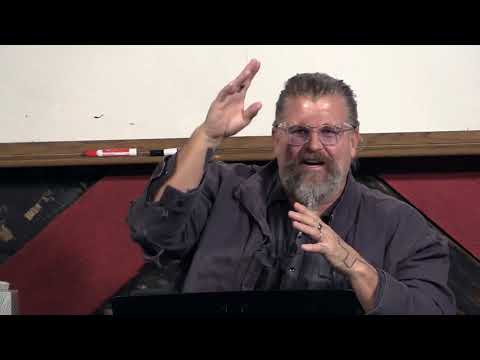
Jesus's triumph over sin and death reconciled humanity with God, offering a closer relationship. Some seek this journey in gratitude, while others prioritize worldly experiences.
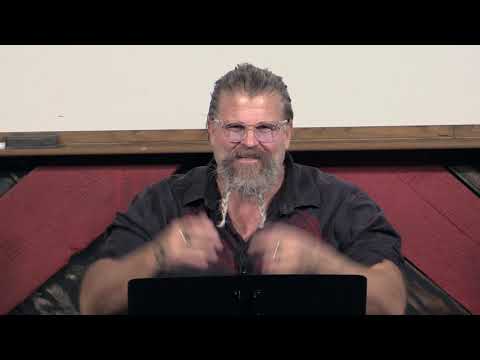
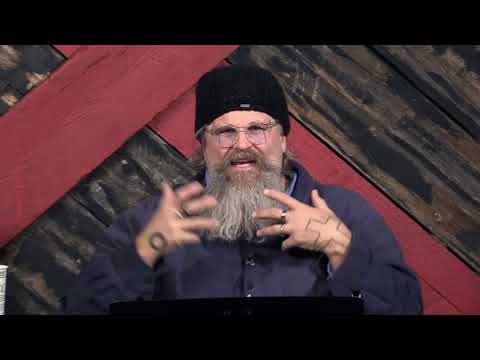
The Bible renews minds, overcomes chaos, reveals God, and transforms through the Holy Spirit. Start with Gospels for change in psychological and emotional challenges.
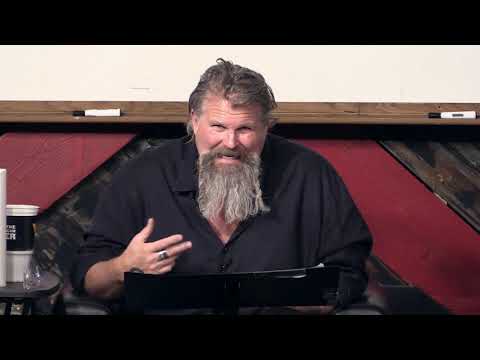
Reformed Theology stresses God's will in salvation, denying free will, while scriptural teachings and free will emphasize personal choice and autonomy in faith.
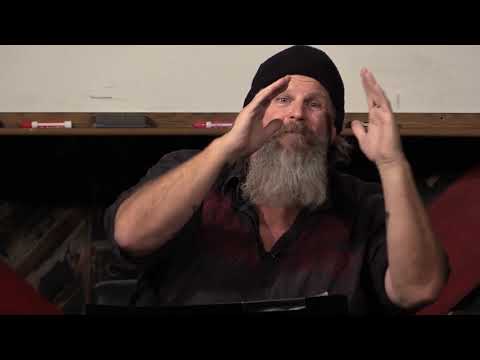
Paul's message in 1 Corinthians 14:34-35 sparks debate on women's silence in church, with views ranging from strict adherence to adaptable, Spirit-led interpretations.
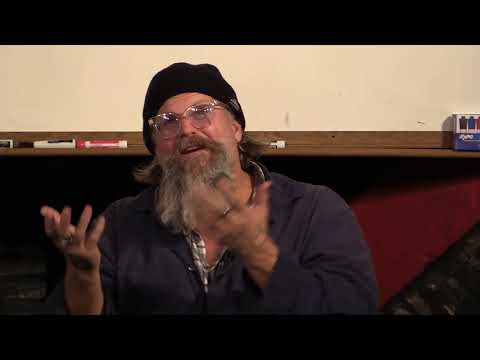
Shawn contrasts good faith, grounded in evidence and belief in a creator, with bad faith, like belief in Santa. He notes atheists have faith in no creator, urging confident faith.
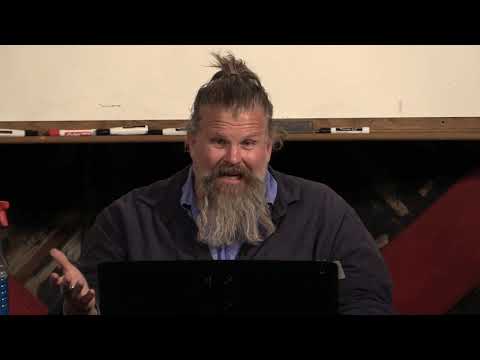
Shawn uses a flower metaphor to explain human development, contrasting rigid religious views with a modern, inclusive approach emphasizing universal redemption through Jesus.
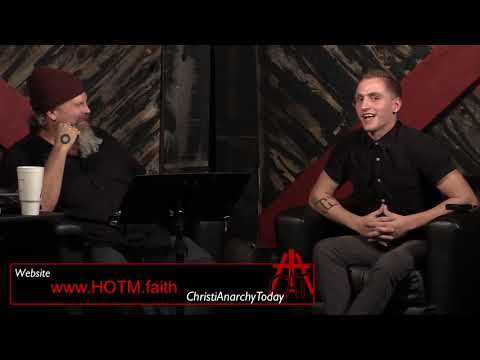
Christian Anarchy blends spiritual independence from intermediaries with political anarchy in faith. It prioritizes spiritual focus over political ties, urging critical examination of actions like Bonhoeffer's.
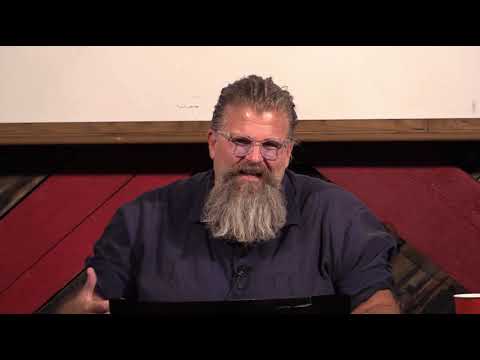
Paul's letter to Titus advises on appointing leaders, stressing qualities like blamelessness and sound doctrine, while warning against false teachers. Historical context limits direct modern application.
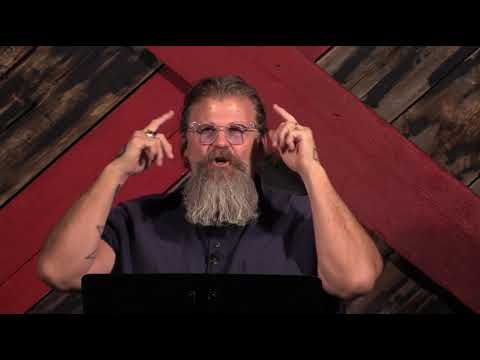
Shawn stresses renewing the mind via thorough biblical teaching, not entertainment. He warns that true spiritual growth requires churches prioritizing the Word over movies.
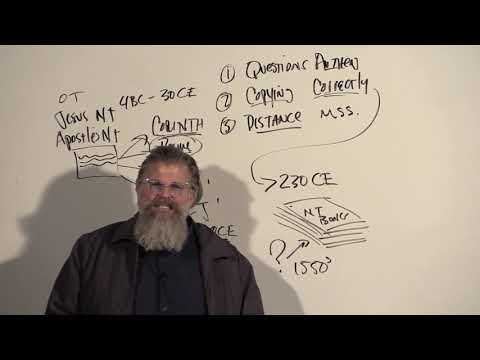
The teaching prioritizes the Holy Spirit over the Bible and institutional religion, emphasizing its role within believers as the true foundation of God's church.
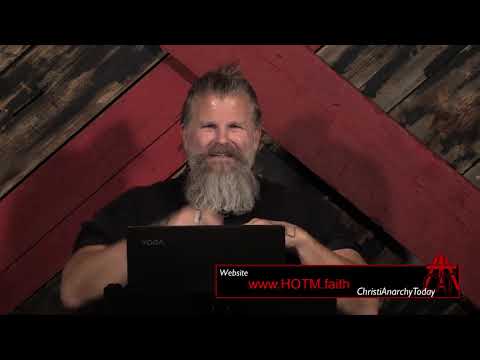
Shawn likens faith to "rock, paper, scissors": firm principles (rock), written laws (paper), Spirit engagement (scissors), citing Ephesians 6:17 for spiritual strength.
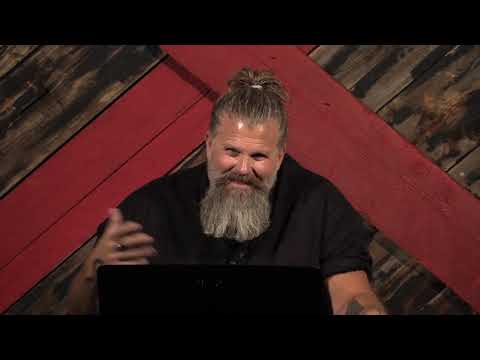
The teaching contrasts five metaphorical wells, highlighting Jesus as the fifth well offering free, unrestricted spiritual fulfillment, unlike other wells' religious constraints.
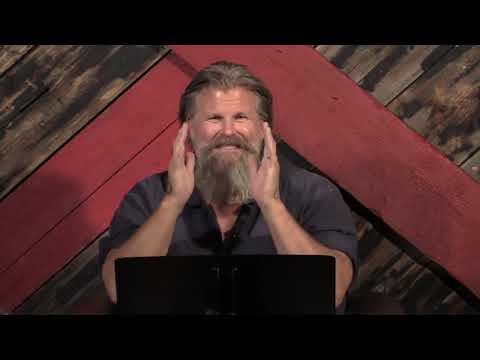
Shawn teaches that human progress may lessen perceived need for God, but God enhances wisdom in these fields. God invites discovery through Jesus; absence is humanity's choice.
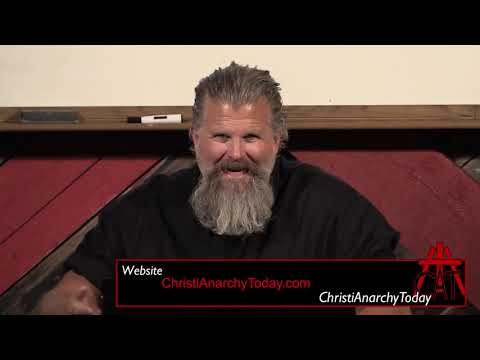
Shawn teaches Jesus embodies God on Earth, choosing humility and servitude. Understanding this reveals God's nature. Paul's words highlight Jesus' exaltation and Lordship.
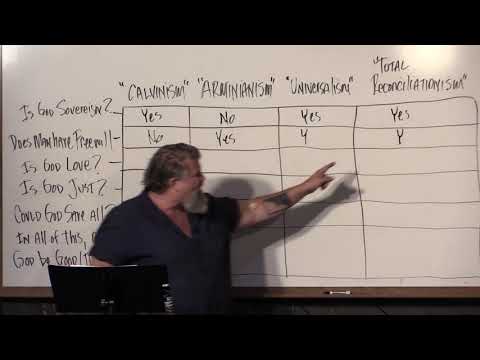
CALVINISM ARMINIANISM UNIVERSALISM TOTAL RECONCILIATIONISM Is God Sovereign? Yes No Yes Yes EXPLAIN God gets what He wants and what He wants is to save some from hell and not others. This is how God expresses His…
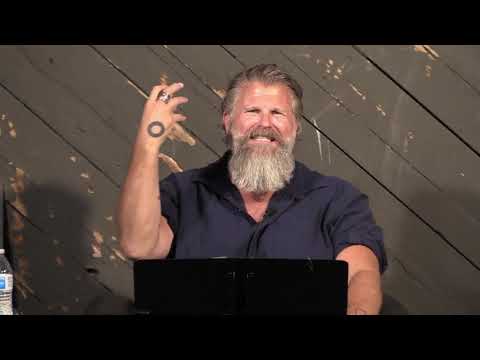
Christianity's essence is agape love, inseparable from its historical and spiritual roots. True faith requires integrating scripture knowledge with selfless love.
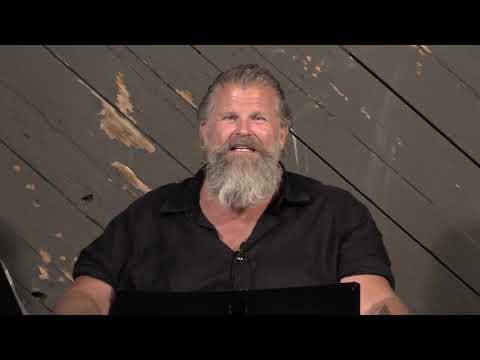
Shawn McCraney stresses engaging non-Christians by understanding their views, avoiding imposing beliefs, and fostering open dialogue, coining "Christian autism" for alienation.
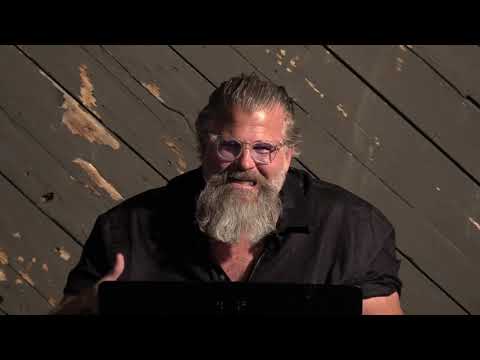
Randy Hatch's story highlights addiction's destructive power, emphasizing mindful choices, identity struggles, and the need for vigilance and support against substance use.
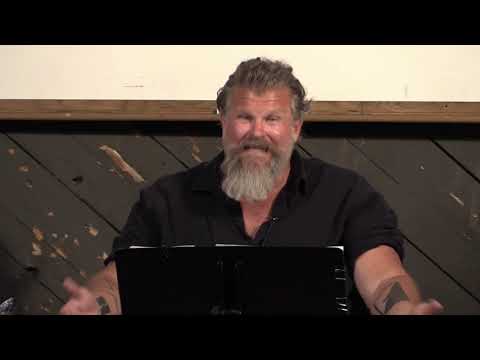
The Holy Spirit's influence varies by denomination, from emotions to insights, aiming to reflect God's communication. True understanding aligns with the "fruit of the Spirit."
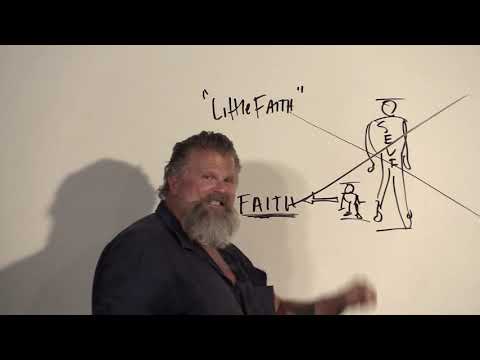
The "X" symbol is crucial for Shawn's Christian understanding, serving as a valued heuristic tool with personal meanings, even tattooed on his arm for its life significance.
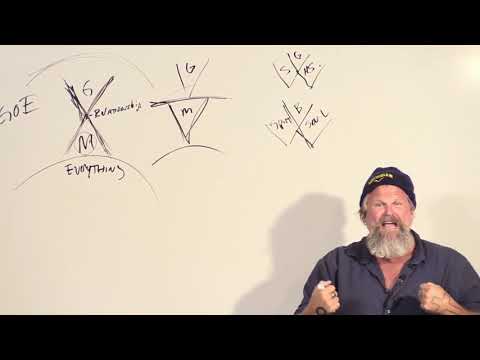
Creation, fall, spiritual rebirth; unity with God through Father, Son, Holy Spirit; transformation from self-discovery to community impact; sanctification and maturity.
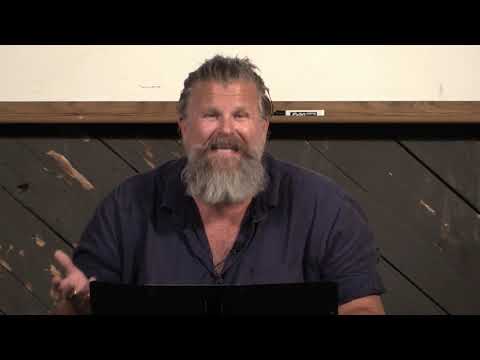
True spiritual siblings prioritize personal righteousness, selfless love, unwavering faith, kindness, peace, and humility over denominational identities and worship styles.
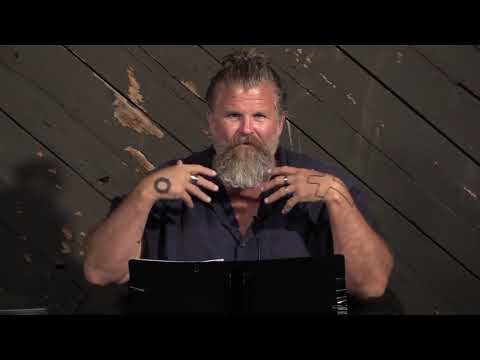
The teaching emphasizes God as the Father and Jesus as Lord and Savior, distinct from the Trinity, highlighting their unity and roles as mediator and source of grace.

Life is a divine gift; humans are psuchekos (flesh-driven) or pneumatikos (Spirit-guided). Spiritual insight is a gift from God, transforming understanding.
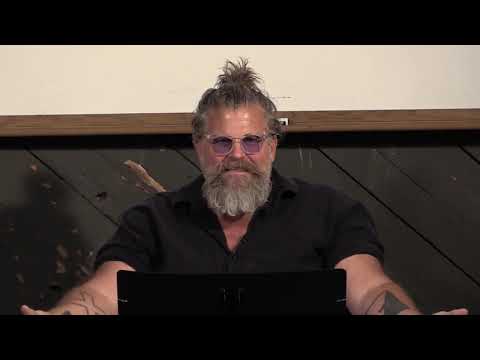
The teachings contrast Heraclitus's change with Parmenides's constancy, applied to Christian spiritual growth, emphasizing evolution through experiences and avoiding stagnation.
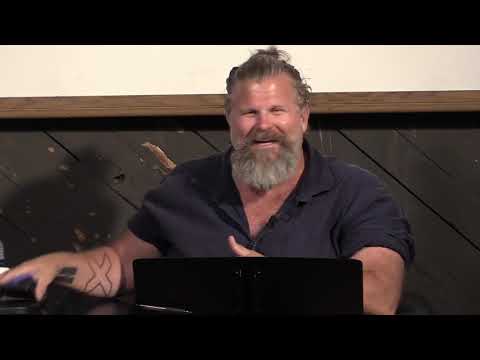
Shift from traditional religious practices to online house church models due to regulations, diseases, and Millennial mindset, focusing on community and truth without financial barriers.